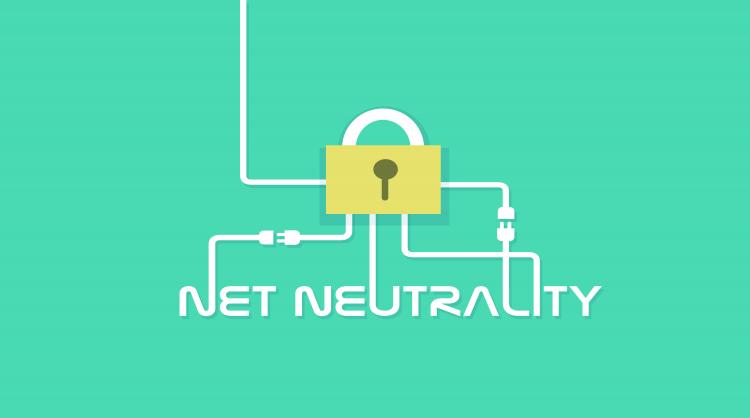Regulations Beware, It’s Pai Time at the FCC!
January 27, 2017 | by Andrew Regitsky

When the FCC released its Open Internet (Net Neutrality) Order in March of 2015, then Commissioner Ajit Pai wrote the following:
On November 10, President Obama asked the FCC to implement his plan for regulating the Internet, one that favors government regulation over marketplace competition. As has been widely reported in the press, the FCC has been scrambling ever since to figure out a way to do just that. The courts will ultimately decide this Order’s fate. And I doubt they will countenance this unlawful power grab. Litigants are already lawyering up to seek judicial review of these new rules. Given the Order’s many glaring legal flaws, they will have plenty of fodder. But if this Order manages to survive judicial review, these will be the consequences: higher broadband prices, slower speeds, less broadband deployment, less innovation, and fewer options for American consumers. To paraphrase Ronald Reagan, President Obama’s plan to regulate the Internet isn’t the solution to a problem. His plan is the problem. In short, because this Order imposes intrusive government regulations that won’t work to solve a problem that doesn’t exist using legal authority the FCC doesn’t have, I dissent. (FCC Docket 14-28, Report and Order on Remand, Declaratory Ruling and Order, released March 12, 2015, Dissent of Ajit Pai, at. p. 1).
Now after President Trump appointed him FCC Chairman this week, Ajit Pai will have the chance not only to dissent from net neutrality but to lead the charge for its ultimate demise. No doubt he is chomping at the bits!
Here are some important things to know about Pai and the new FCC as we enter this new era:
Pai has spent considerable time in his writing and speeches in stressing the need for more FCC transparency and more cooperation between commissioners. Thus, Pai is likely to share drafts of important decisions with commissioners of both political parties unlike ex-Chairman Tom Wheeler. It is even possible those draft orders could be made public. Still to be determined is whether Pai will actually compromise with Democrats on important issues.
Since Pai was already a commissioner, Trump was able to appoint him Chairman without Senate confirmation. He will have to be re-confirmed later this year since his current FCC term will expire.
The Republicans now have a 2-1 majority at the FCC. Thus, the Commission can quickly begin undoing some of the pro-regulatory actions of ex-Chairman Wheeler, including net neutrality and ISP privacy rules.
Since all three current commissioners are FCC veterans, there will be no time lost waiting for new commissioners to learn the issues and come up to speed.
Moreover, since the Republicans already have the majority of commissioners, Trump can take his time filling the remaining two commissioner slots without slowing down FCC actions.
The new FCC will immediately ignore the previous Commission’s concerns about ISP zero-rated services. With the pressure off, it is likely that ISPs will introduce a flood of such services.
Pai is unlikely to force ISPs to demonstrate that new zero-rated services or, in fact, any new service offering is in compliance with the FCC’s net neutrality “future Internet conduct” rule before such services are publicly offered. This will leave only one vehicle (the section 208 complaint process), for aggrieved parties to protest particular ISP product offerings.
More discouraging to ISP competitors and consumer advocates, the new FCC is likely to sit on or discourage most section 208 complaints while the final fate of the Open Internet rules is determined.
The new ISP privacy rules will almost certainly be overturned. Control over ISPs is likely to return to the Federal Trade Commission once ISPs are no longer classified as telecommunications carriers.
Like Wheeler, Pai is very concerned with the broadband availability gap between rural and urban areas. Unlike his predecessor he doesn’t believe government intervention is the solution. Instead he believes that reducing regulations will incent private companies to serve all areas.
Of course, as many consumer advocates have pointed out, reducing regulations such as eliminating the Open Internet rules, the ISP Privacy rules and eventually eliminating special access price cap rules, will almost certainly advantage large and established companies. That is why large ISPs, cable companies and their associations are almost giddy with anticipation over Pai’s appointment.
New entrants and smaller Internet and telecommunications competitors, on the other hand, without some price controls and with limited regulations are likely to have difficulty attracting investments or entering new markets. It would be sad and potentially very damaging to consumers if the reduction in regulations leads to an Internet essentially closed to competition.

